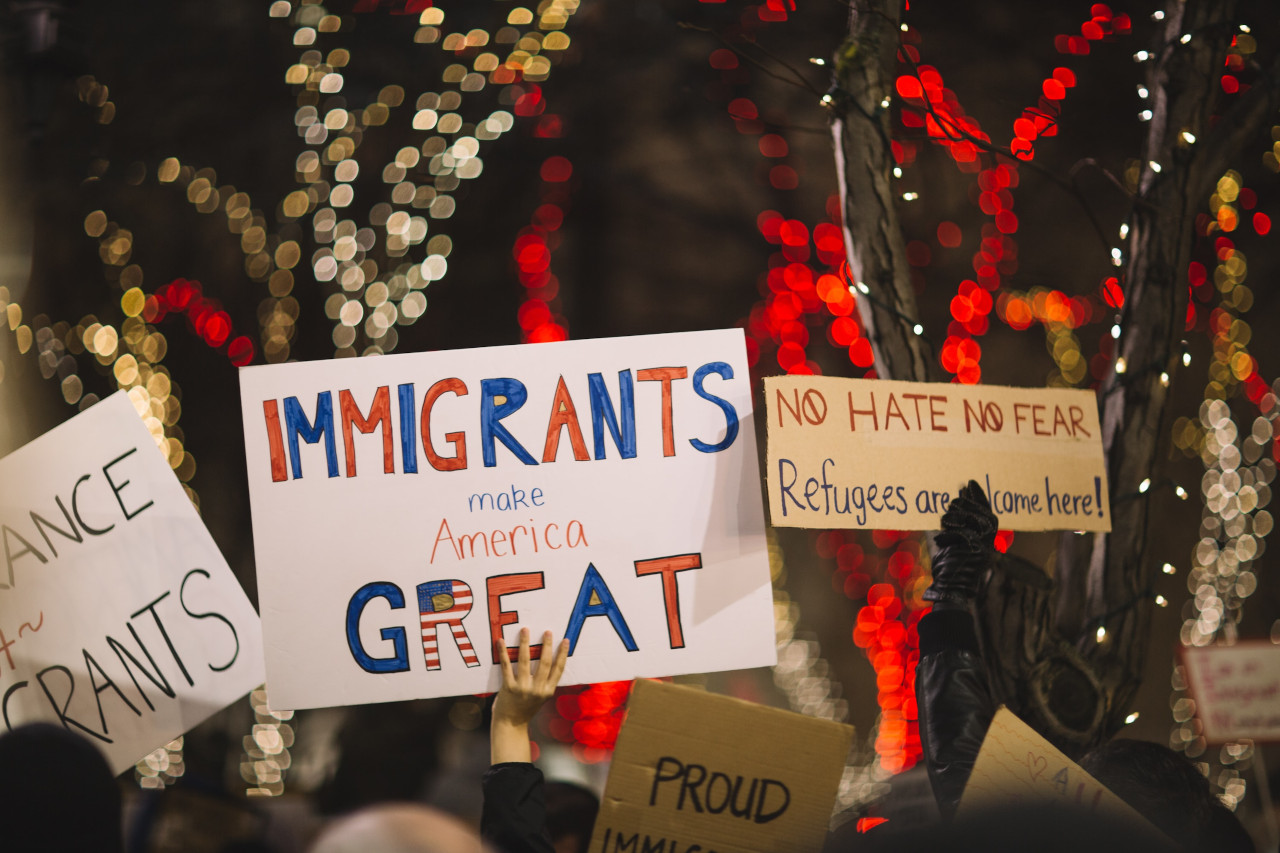This week, President Trump is revisiting United States immigration policy.
The President signed an executive order on Tuesday to prevent immigration “fraud and abuse”:
“It’s America first—you better believe it,” Mr. Trump said during a speech at Snap-On Inc., a tool manufacturer in Kenosha, Wis., before signing an executive order that calls for a government-wide review aimed at stricter enforcement of immigration and other laws governing the entry of workers into the U.S.
A by-product of the Trump administration’s attempts at modifying immigrant labor regulation is a drop in H-1B applications for the first time in years:
The United States Citizenship and Immigration Services said Monday it had received 199,000 H-1B applications for the next fiscal year, according to the federal immigration agency. This is a steep decline from the 236,000 received last year and the 233,000 it received in 2015.
SFGate.com spoke with Martin Lawler, a Bay Area immigration attorney that suggests H-1B applications declined due to frustration. Applicants are selected at random and have to wait months to learn the final decision on their status.
Companies operating in US technology hubs like San Francisco have been complaining that these modifications will result in access to less qualified resources with math-based skills.
The biggest companies using H-1B visas are large Indian outsourcing firms like Tata, Cognizant, Infosys, Wipro, and Accenture. The Trump administration specifically called out Tata and Infosys as abusers of the existing program by supplying low-paid, low-skilled workers instead of the high-skill labor the program was designed to support.
The Trump administration is looking to raise the minimum salary requirements to issue a visa and would also like to place a limit on the number of employees with H-1B visas a company can hire. With these rules in place, Trump is expecting American companies will have no choice but to hire from the domestic labor pool.
Interestingly, even with all of the labor turmoil, Tata Consulting is reporting an actual rise in profits:
Mumbai-based TCS said profit in the fiscal fourth quarter ended March 31 stood at 66.08 billion rupees ($1.02 billion), up 4.2% from 63.41 billion rupees a year ago. That was just below the 66.23 billion rupees consensus estimate of analysts surveyed by Thomson Reuters. Revenue grew 4.2% to 296.42 billion rupees.
As the President refines his immigration policy, will Tata and its competitors be able to maintain growth? More importantly, is President Trump taking actions that will help the US economy in the long run by giving US workers (potentially) more opportunities, or will these decisions ultimately inhibit economic growth?
Update: Epilogue
The Atlantic published an article detailing how a “buy American” strategy could backfire economically:
Laura Tyson, a professor at Berkeley’s Haas School of Business who chaired President Clinton’s Council of Economic Advisors, described much the same fundamental problem with the policy. “For every dollar spent, the amount you get for that dollar is going to depend on the price you have to pay,” she explained. “This kind of policy will reduce competition and raise the price of the product. So, instead of a global set of suppliers competing for U.S. government contracts, only U.S. suppliers will compete. And in some product areas, there won’t be a large number of U.S. suppliers, and [they] may not have the superior products or the superior technology. So, in those cases, both the quality and the price of the product that the government faces with a limited budget to spend on procurement will actually deteriorate.”
The critiques seem to focus on government procurement and explains that by closing bids to foreign companies, products and services will cost more and potentially provide inferior solutions.
Here is a podcast I did a few months ago on the H-1B topic:
Photo: himanshu-singh-gurjar


